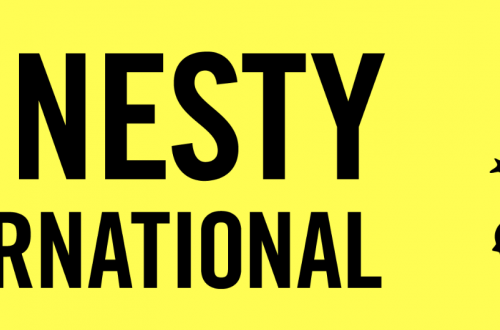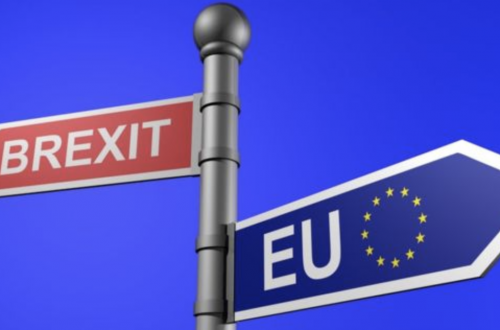First, Alan Johnson in World Affairs:
Last week, the BBC interviewed the American academic and anti-Zionist Norman Finkelstein for its influential series Hard Talk. Sarah Montague introduced the program with the words “American presidents have long been criticised criticized for being too in thrall to the Jewish lobby.” Jewish, not Israeli. At the BBC iPlayer page, the interview is captioned with the exact same words. These words are not in quote marks.
During the interview, Norman Finkelstein claimed the lobby had two parts. First, there were the “paid agents of a foreign power.” Second, a wider group made up of “large numbers of Jews in influential positions.” The power of this lobby was presented as unstoppable: “When the lobby goes into action … Obama backs down.” The idea that the lobby controls US foreign policy was not challenged by the interviewer. She merely asked Finkelstein for his views on the consequences for this control of the much-discussed “distancing” of American Jews from Israel.
Whatever view one takes of the Walt and Mearsheimer thesis—mine is sharply critical—it is worrying that the BBC chose not to distinguish between an “Israel lobby” and a “Jewish lobby.” It is difficult to see how a discourse about “the Jewish lobby” does not, even if inadvertently, encourage bigoted stereotypes about the all-controlling influence of “the Jew.”
Then, Walter Russell Mead, on the same subject:
Confident, forward-looking and dynamic societies are neither threatened by Jewish success nor offended by the cultural diversity that results from the free participation of Jews in civic and cultural life. They can come to grips with the vicissitudes of capitalist economics without being sidetracked by conspiracy theories and fantasies.
Failing societies and weak minds, on the other hand, are easily seduced by attractive but empty generalizations. The comment attributed to August Bebel that anti-Semitism is the socialism of fools can be extended to many other kinds of cheap and superficial errors that people make. The baffled, frustrated and the bewildered seek a grand, simplifying hypothesis that can bring some kind of ordered explanation to a confusing world; anti-Semitism is one of the glittering frauds that attract the overwhelmed and the uncomprehending.
…
Jew haters don’t understand how the world works; anti-Semitism is both a cause and a consequence of a basic failure to comprehend the way pluralistic and liberal societies behave. As a result, nations and political establishments warped by this hatred tend to make one dumb decision after another — starting at shadows, warding off imaginary dangers, misunderstanding the nature of the problems they face.
Via Meadia‘s fight against anti-Semitism isn’t just about solidarity with threatened or scapegoated Jews. It is also about the fight for lucidity, liberalism and sound social and international policy. Where Jew hatred flourishes, no freedom is safe and no country is strong.
Anti-Semitism is not just a moral obscenity; it is the road to intellectual and political ruin. At Via Meadia we will do what we can to dissuade people from venturing down this blindest of alleys.
Finally, as an unrelated footnote, read Max Dunbar in Engage on the surreal furore the pages of The Morning Star, about the reference to Israel’s National Bird, which has greatly upset anti-Zionist activists George Abendstern & Linda St Clair
Sarah AB adds: I think it’s worth quoting a little more. I read this quoted before I heard it, and I wondered whether the second sentence was read in an ‘in ironic quotation marks’ sort of way. But it wasn’t:
‘American Presidents have long been criticized for being too in thrall to the Jewish lobby. The American Jews influence US foreign policy and that explains Washington’s unwavering support for Israel.’


